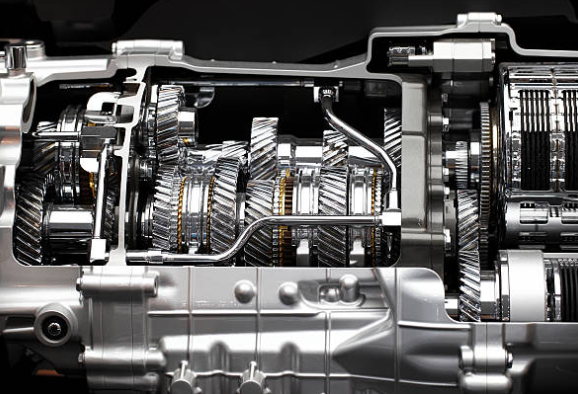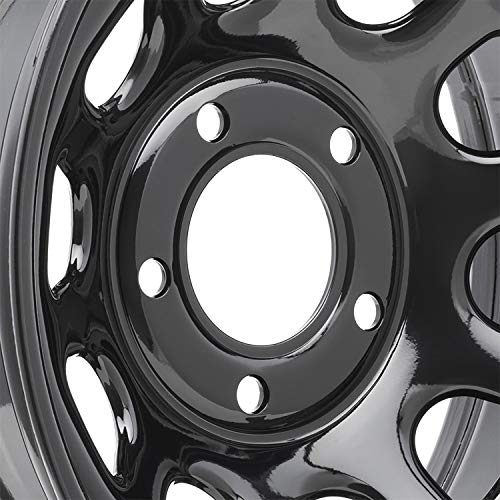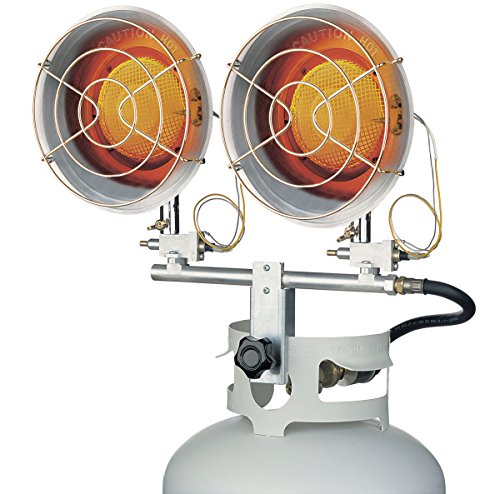Antifreeze Leak: Causes, Signs, and Solutions
Nothing throws a wrench into your vehicle maintenance plans like discovering an antifreeze leak. There are actions you need to do whether you recently purchased a secondhand car or have been driving yours for years to find and fix this sort of leak before it causes more harm. In this blog article, we'll look at the typical reasons why antifreeze leaks happen as well as the warning signals you should watch out for to identify possible problems early. We’ll also cover some simple solutions that can help keep your vehicle running smoothly with minimal disruption to your life and budget. Keep reading for essential info and advice on how best to address any antifreeze leakage issues!
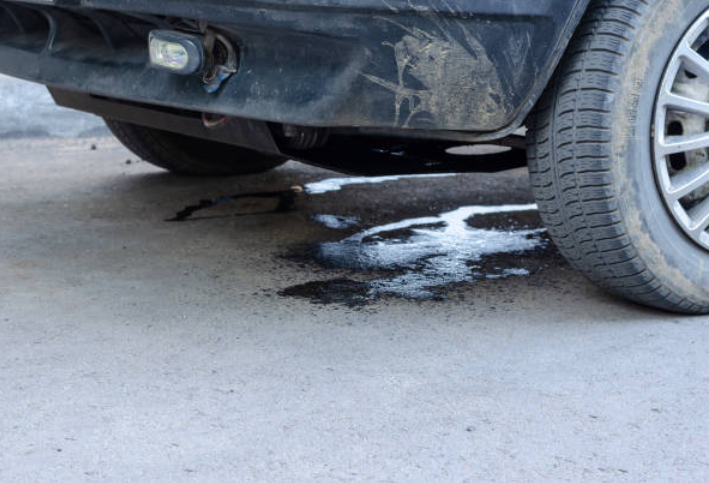
What Causes an Antifreeze Leak?
An antifreeze leak in a vehicle can stem from various causes. Common culprits include a damaged radiator due to age, corrosion, or exposure to contaminants. Faulty hoses, clamps, or connections can also result in leaks as they degrade over time. A malfunctioning water pump, with issues like faulty seals or bearings, can contribute to antifreeze leakage. Leaks may also occur from a damaged or leaking heater core, which can lead to a sweet smell and damp carpets. Cracked engine blocks or cylinder heads, improperly sealed gaskets or O-rings, and problems with the coolant reservoir or overflow tank can further contribute to antifreeze leaks. Addressing antifreeze leaks promptly is crucial to prevent engine damage and maintain an efficient cooling system. Consulting a professional mechanic is recommended for accurate diagnosis and necessary repairs.
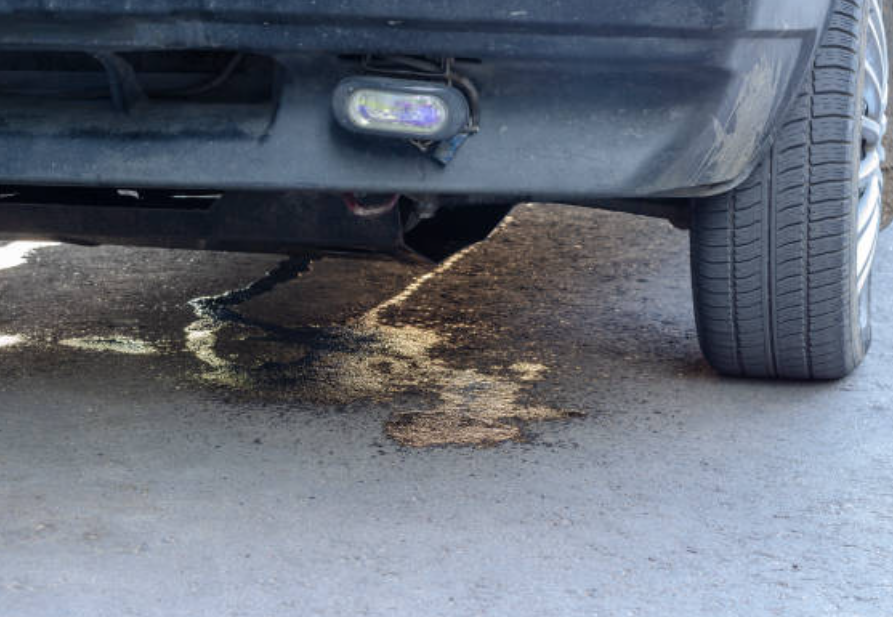
Detecting an antifreeze leak in your vehicle is crucial for maintaining its cooling system's health and preventing potential engine damage. Look out for warning signs like brightly colored coolant pools under the car, a sweet smell inside or outside, frequent engine overheating, low coolant levels that need to be topped off, obvious stains or corrosion in the engine compartment, steam or smoke coming from the engine, or a broken heater with a sweet smell and dampness inside the car. It's crucial to have the car checked out by a qualified technician if you observe any of these symptoms in order to quickly find and fix the antifreeze leak. Early identification and repair may save you money and guarantee that the cooling system in your car is working properly.

- Radiator Repair or Replacement: If the leak originates from a damaged or corroded radiator, professional repair or replacement may be necessary. Minor leaks can sometimes be fixed by applying a sealant or epoxy, but more severe damage often requires replacing the radiator.
- Hose and Connector Replacement: The best course of action is normally to replace the faulty parts if the coolant hoses, clamps, or connections are the source of the leak. Make that the replacement hoses are the right size and are properly clamped for a good fit.
- Water Pump Replacement: A malfunctioning water pump with a faulty seal, bearing, or gasket can contribute to antifreeze leaks. In such cases, replacing the water pump is usually necessary to resolve the issue.
- Heater Core Repair or Replacement: A heater core that leaks often has to be professionally repaired or replaced. To guarantee the heating system of the car operates as it should, it is advised to have a professional technician do the work due to its intricacy.
- Gasket or O-ring Replacement: If the leak is caused by faulty seals, gaskets, or O-rings, replacing these components can rectify the issue. This may involve removing and reinstalling certain engine components, so it's advisable to seek professional assistance.
- Coolant Reservoir or Overflow Tank Repair: If the coolant reservoir or overflow tank is damaged or has a faulty pressure cap, it can contribute to antifreeze leaks. Repairing or replacing these components can help prevent further leakage.
Regular Maintenance: Follow the manufacturer's recommended maintenance schedule for your vehicle, including coolant system inspections and coolant flushes. Regular maintenance helps identify and address potential issues before they escalate into leaks.
Inspect Hoses and Connections: Regularly inspect the coolant hoses, clamps, and connections for signs of wear, cracking, or damage. Replace any worn-out or damaged components promptly to prevent leaks.
Monitor Coolant Levels: Make sure your car's coolant levels are within the advised range by routinely checking them. Have your car checked for hidden leaks, such as a leaky head gasket, if you detect a noticeable drop in coolant levels without any obvious leakage.
Use Proper Coolant: Always use the manufacturer-recommended coolant for your vehicle. Using the correct coolant type and mixing it with the appropriate water ratio is crucial for optimal cooling system performance and preventing corrosion.
Avoid Overheating: Take measures to prevent your engine from overheating, as excessive heat can contribute to coolant system issues. Regularly check the coolant temperature gauge and address any cooling system-related problems promptly to avoid overheating.
Be Gentle with Coolant Components: When working with the coolant system, handle hoses, clamps, and connectors with care to avoid unnecessary stress or damage. Properly tighten clamps and ensure all connections are secure.
Maintain a Clean Cooling System: Over time, debris and contaminants can accumulate in the cooling system, potentially causing clogs or corrosion. Regularly flush the coolant system according to the manufacturer's recommendations to keep it clean and free from obstructions.
Avoid Using Harsh Chemicals: When cleaning the engine bay or working near the cooling system, avoid using harsh chemicals that could damage hoses or seals. Opt for gentle cleaning agents recommended for automotive use.
Proper Winterization: In colder climates, make sure to properly winterize your vehicle's cooling system to prevent freezing and potential damage. Use antifreeze with the appropriate cold-weather protection levels and ensure all components are in good condition.
Seek Professional Assistance: If you suspect any coolant system issues or notice signs of a potential leak, consult a professional mechanic or an authorized service center. They can perform thorough inspections, diagnose any problems, and address them effectively.
-
Can I prevent antifreeze leaks?
Even while it might not be able to stop every antifreeze leak, you can take precautions. Regular maintenance, checking hoses and connections, keeping an eye on coolant levels, using the right coolant, preventing overheating, and getting expert help with inspections and repairs are a few of them. By employing these procedures, you can reduce the possibility of antifreeze leaks and keep your cooling system in good shape.
-
Can I fix an antifreeze leak myself?
Small antifreeze leaks, such as tiny hose cracks, can be temporarily patched with epoxy or sealants. However, for accurate diagnosis and repairs, it is often advised to see a qualified technician or authorized service shop. They are equipped with the knowledge and know-how to locate the leak's exact source and make the required repairs.
Read more review here: The 10 Best Motorcycle Alarms For Enhanced Protection


